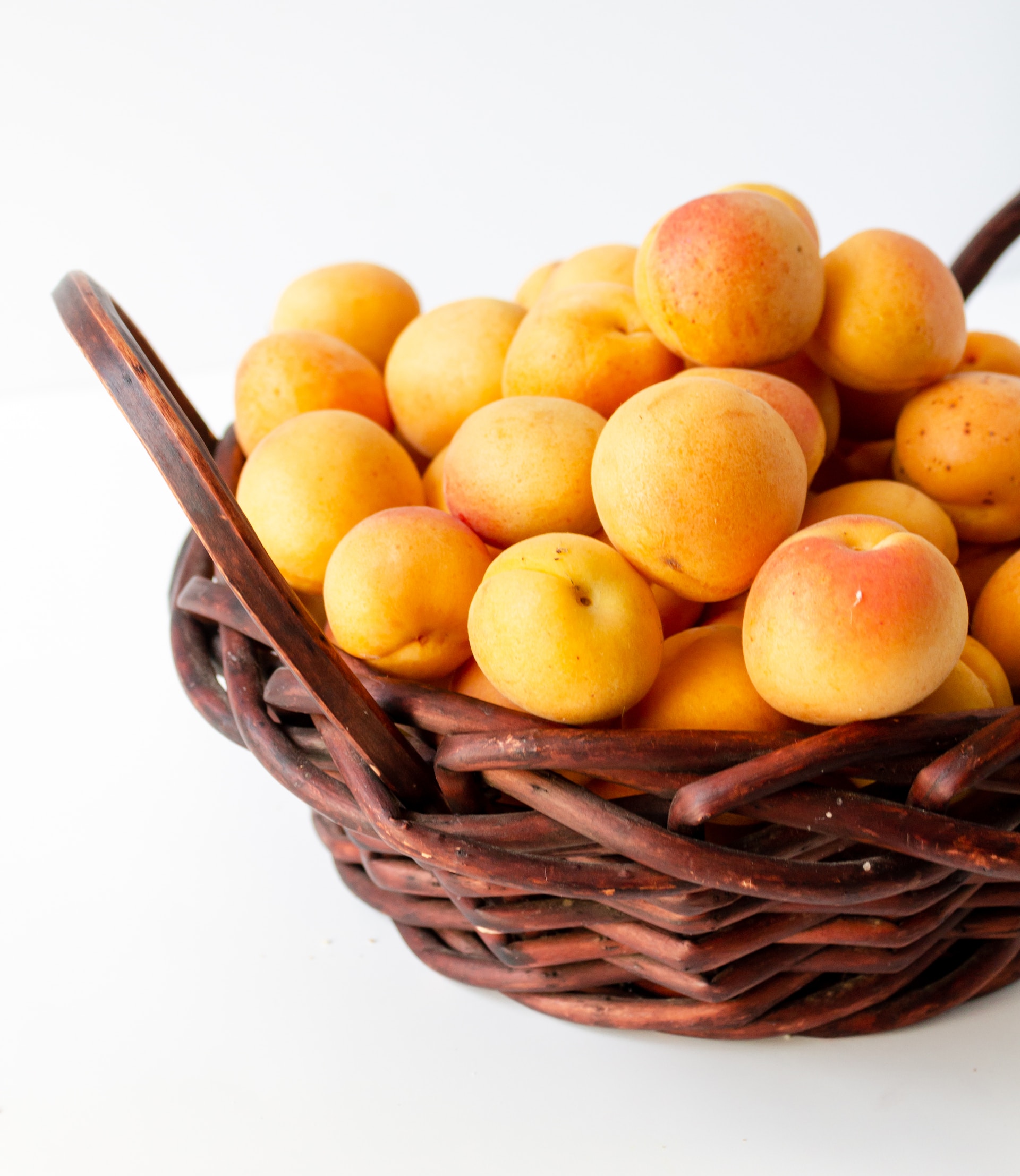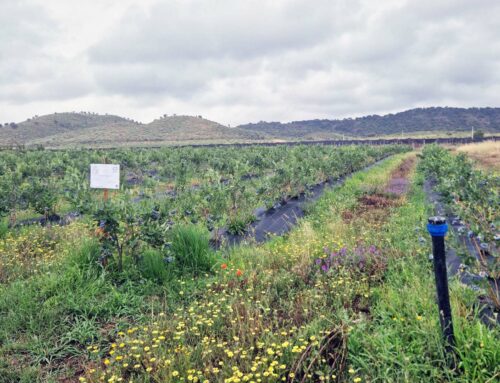Regenerative agriculture is a way of producing food that respects the environment and improves soil health. In stone fruit crops, such as peaches, plums and apricots, this practice can have benefits for both the farmer and the consumer.
One of the benefits of regenerative agriculture is that it helps to prevent and control plant diseases, especially apple scab, which is a black spot that appears on the skin of the fruit and affects its quality and commercial value. These spots are caused by pathogenic fungi that are spread through the air or by contact with other infected fruits.
Regenerative agriculture seeks to improve the microbial activity of the soil, that is, the life of the micro-organisms that live in the soil and perform important functions for the development of plants. These micro-organisms can compete with pathogenic fungi, inhibit their growth or stimulate natural plant defences. This reduces the need to use chemicals to combat disease and protects the environment and human health.
In the Mediterranean, where the climate is hot and dry, regenerative agriculture can also help improve water and nutrient retention in the soil, which enhances fruit growth and quality. Furthermore, by increasing biodiversity and soil organic matter, it contributes to mitigating climate change and conserving natural resources.
Regenerative agriculture is a viable and sustainable option for stone fruit crops in the Mediterranean, which can improve farmers’ profitability and offer healthier and tastier products to consumers.






